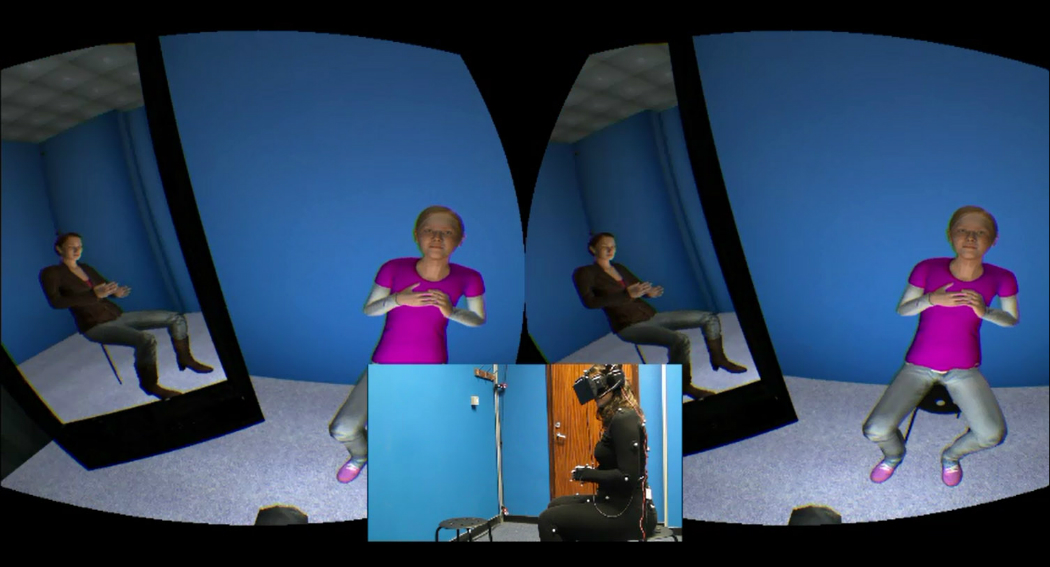
Virtual reality Meets the Real World
If you need someone to talk to, heading to virtual reality may not be your first thought. But research has just shown that VR therapy can help with depression.
A new study conducted by the University College London (UCL) and ICREA-University of Barcelona that was published in the British Journal of Psychiatry Open finds that immersive virtual reality therapy helps people with depression by increasing self-compassion.
The virtual therapy session is divided into two parts. First, patients see through a perspective of an adult avatar, or what is termed as “embodiment.” They’re next asked to comfort a crying child with expressions of compassion whether through words or gestures. The child will then respond positively to the compassion showed by their avatar and stop crying.
Then, the scenario gets reversed. Patients now embody the crying child being consoled by an adult avatar in the first part of the session. As the child, the compassionate words or gestures that they expressed at the beginning of the therapy as adult avatars will be played back to them. This then makes them feel less self-critical, which is very common among people who suffer from anxiety and depression.
A Helping hand
“In this study, by comforting the child and then hearing their own words back, patients are indirectly giving themselves compassion. The aim was to teach patients to be more compassionate towards themselves and less self-critical, and we saw promising results,” says Professor Chris Brewin (UCL Clinical, Educational & Health Psychology) in a press release.
Among the 15 patients (10 female and 5 male) who participated, more than half reported a reduction in their depressive symptoms after a month of these 8-minute scenarios. While four patients experienced a clinically significant drop in their depression severity.
Of course, this is a fairly small sample size, but such is the beginnings of all research.
Now past its initial trial, the researchers are hoping to conduct a larger controlled trial to fully determine the clinical benefits of this immersive virtual reality therapy.
And if found substantial, the therapy, according to co-author Professor Mel Slater (ICREA-University of Barcelona and UCL Computer Science), could have a huge potential.
“The recent marketing of low-cost home virtual reality systems means that methods such as this could potentially be part of every home and be used on a widespread basis.”
In the end, this is just another indication of the ways that new technologies can be much more than ways to pass idle time. They can serve as treatments, giving those in need (and those who are trying to help them) a hand.